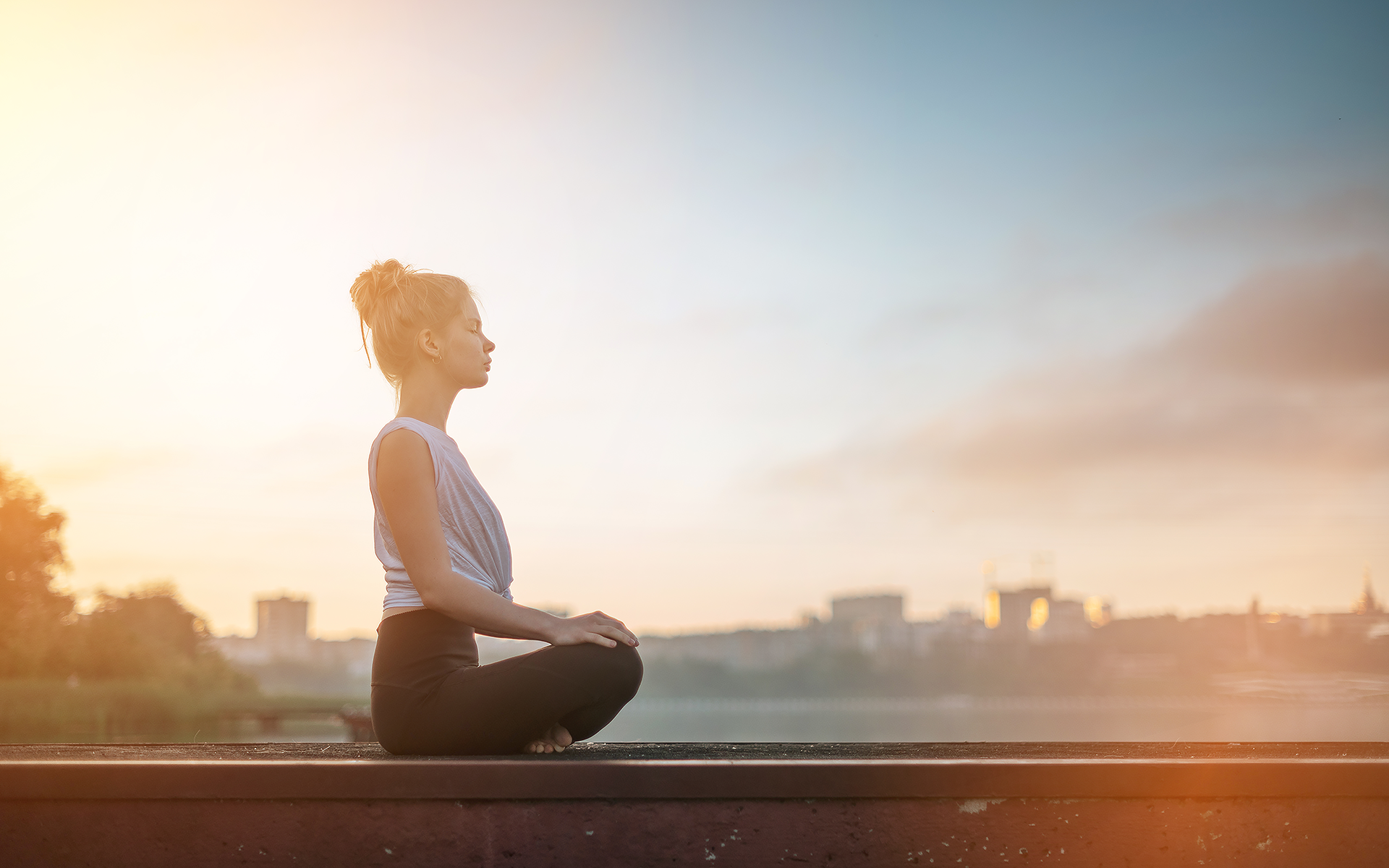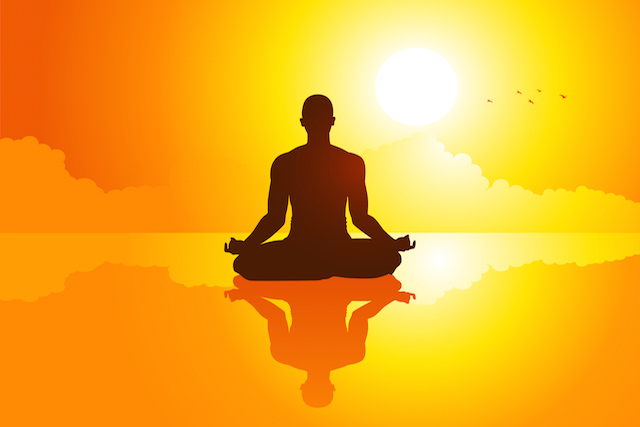Our general interest e-newsletter keeps you as much as date on a variety of health subjects.
Sign up now Meditation: A simple, fast way to minimize tension
Meditation can clean away the day's tension, bringing with it inner peace. See how you can quickly find out to practice meditation whenever you need it most.
By Mayo Clinic Staff If stress has you nervous, tense and concerned, think about attempting meditation. Investing even a couple of minutes in meditation can restore your calm and inner peace.
Anybody can practice meditation. It's basic and low-cost, and it does not require any special equipment. And you can practice meditation wherever you are-- whether you're out for a walk, riding the bus, waiting at the doctor's office and even in the middle of a challenging service conference.
Comprehending meditation Meditation has actually been practiced for countless years. Meditation initially was suggested to assist deepen understanding of the spiritual and magical forces of life. Nowadays, meditation is frequently utilized for relaxation and tension decrease.
Meditation is thought about a type of mind-body complementary medicine. Meditation can produce a deep state of relaxation and a tranquil mind. During meditation, you focus your attention and eliminate the stream of jumbled thoughts that may be crowding your mind and causing tension. This procedure may result in boosted physical and psychological wellness.
Benefits of meditation Meditation can give you a sense of calm, peace and balance that can benefit both youremotional well-being and your general health.
And these advantages do not end when your meditation session ends. Meditation can assist carry you more calmly through your day and may help you manage symptoms of specific medical conditions.
Meditation and emotional well-being When you meditate, you may clear away the information overload that develops every day and contributes to your stress.
The emotional benefits of meditation can include:
Meditation and illness Meditation might likewise work if you have a medical condition, especially one that might be intensified by tension. While a growing body of scientific research study supports the health benefits of meditation, some researchers believe it's not yet possible to draw conclusions about the possible benefits of meditation. With that in mind, some research suggests that meditation might assist individuals handle signs of conditions such as:
Make sure to speak to your healthcare company about the advantages and disadvantages of using meditation if you have any of these conditions or other health issue.

Sometimes, meditation can intensify symptoms associated with certain mental and physical health conditions.
Meditation isn't a replacement for standard medical treatment. However it might be a helpful addition to your other treatment. Kinds of meditation
Meditation is an umbrella term for the numerous ways to a relaxed state of being. There are many types of meditation and relaxation strategies that have meditation parts. All share the very same objective of accomplishing inner peace. Ways to meditate can include:
Guided meditation. Sometimes called assisted images or visualization, with this approach of meditation you form psychological images of places or circumstances you find relaxing.
You try to utilize as lots of senses as possible, such as smells, sights, noises and textures. You might be led through this process by a guide or teacher.
Mantra meditation. In this type of meditation, you silently duplicate a relaxing word, believed or expression to prevent distracting thoughts. Mindfulness meditation. This kind of meditation is based upon being conscious, or having an increased awareness and acceptance of living in today moment.
In mindfulness meditation, you broaden your conscious awareness. You concentrate on what you experience throughout meditation, such as the circulation of your breath. You can observe your thoughts and emotions, but let them pass without judgment. Qi gong. This practice usually integrates meditation, relaxation, physical motion and breathing exercises to restore and maintain balance. Qi gong (CHEE-gung) becomes part of standard Chinese medication. Tai chi. This is a type of gentle Chinese martial arts. In tai chi (TIE-CHEE), you perform a self-paced series of postures or motions in a sluggish, graceful manner while practicing deep breathing.
Transcendental Meditation Relaxing ®. Transcendental Meditation is a simple, natural technique. In Transcendental Meditation, you calmly duplicate a personally designated mantra, such as a word, noise or phrase, in a specific method. This type of meditation may permit your body to settle into a state of extensive rest and relaxation and your mind to accomplish a state of inner peace, without needing to use concentration or effort. Yoga. You carry out a series of postures and regulated breathing exercises to promote a more flexible body and a calm mind. As you move through poses that need balance and concentration, you're motivated to focus less on your busy day and more on the moment.

Various kinds of meditation may include various functions to help you meditate. These might differ depending upon whose guidance you follow or who's teaching a class. Some of the most typical functions in meditation consist of: Concentrated. Focusing your attention is generally among the most essential aspects of meditation.
Focusing your attention is what helps complimentary your mind from the numerous interruptions that cause stress and worry. You can focus your attention on such things as a specific object, an image, a mantra, or perhaps your breathing. Unwinded breathing. This technique involves deep, even-paced breathing utilizing the diaphragm muscle to expand your lungs. The purpose is to slow your breathing, take in more oxygen, and lower the usage of shoulder, neck and upper chest muscles while breathing so that you breathe more efficiently. A quiet setting. If you're a newbie, practicing meditation might be easier if you remain in a peaceful spot with few diversions, consisting of no television, radios or cellular phones.
As you get more proficient at meditation, you may be able to do it anywhere, specifically in high-stress scenarios where you benefit the most from meditation, such as a traffic congestion, a demanding work conference or a long line at the supermarket. A comfortable position. You can practice meditation whether you're sitting, resting, strolling, or in other positions or activities. Just try to be comfy so that you can get the most out of your meditation. Objective to keep excellent posture throughout meditation. Open mindset. Let thoughts travel through your mind without judgment.